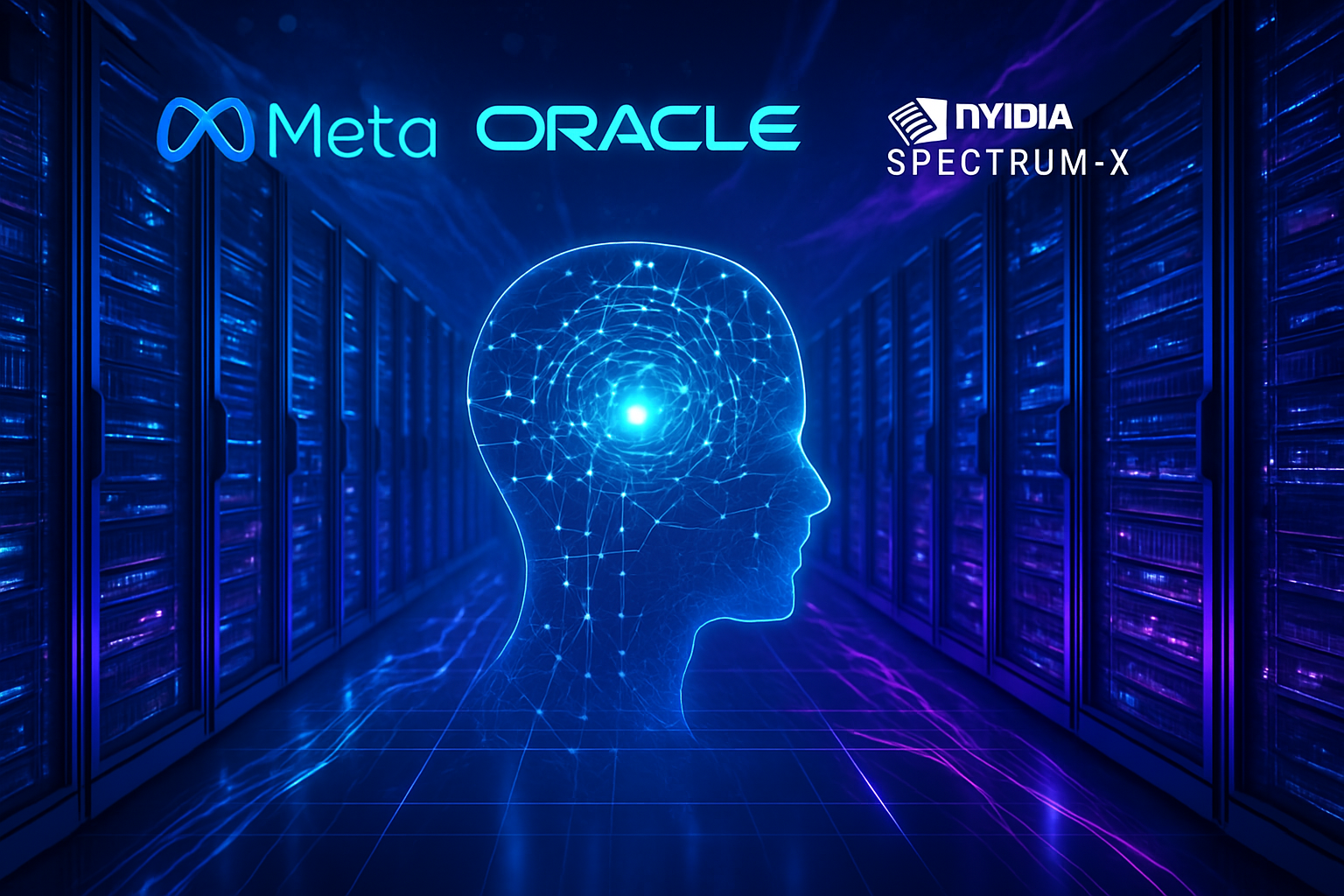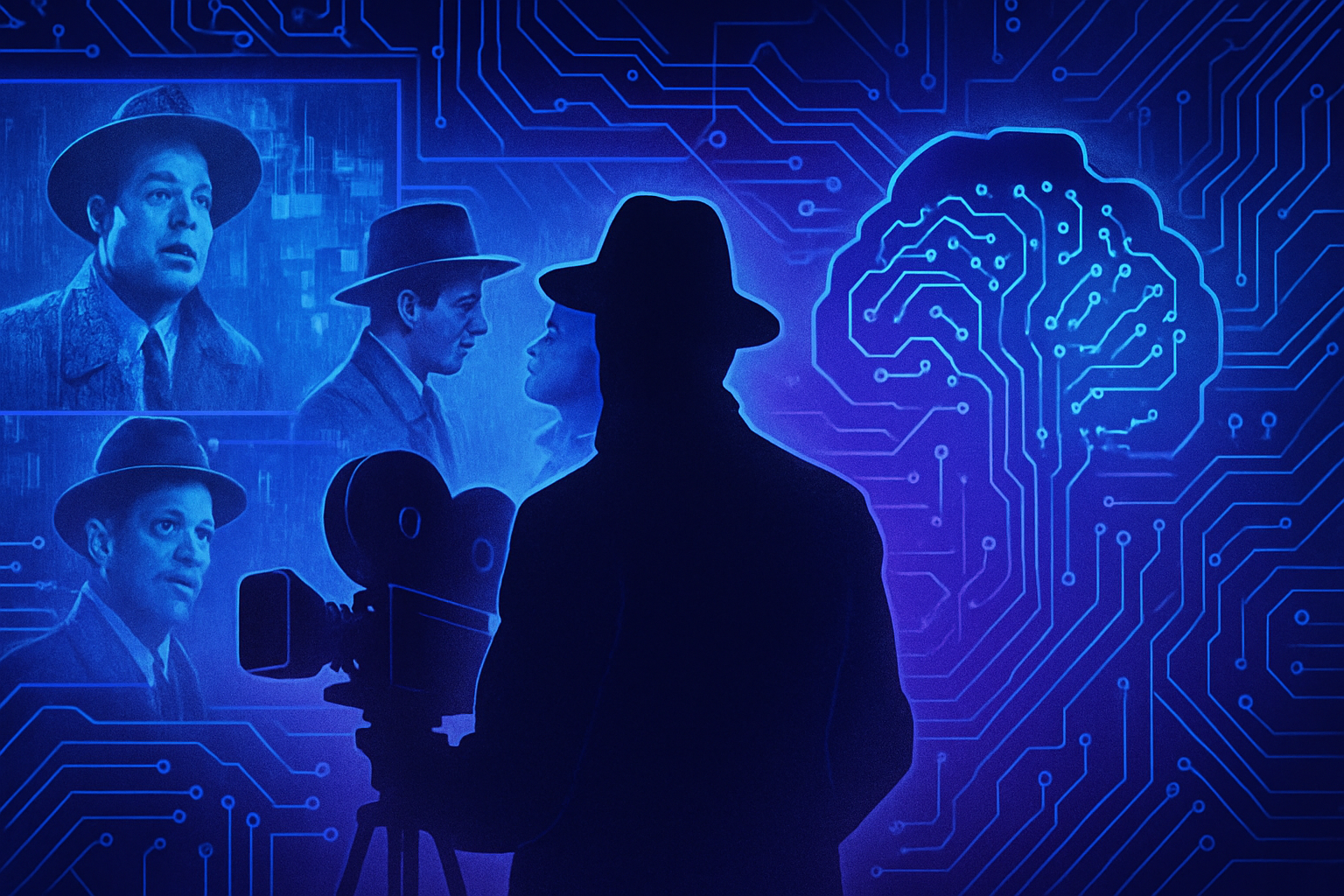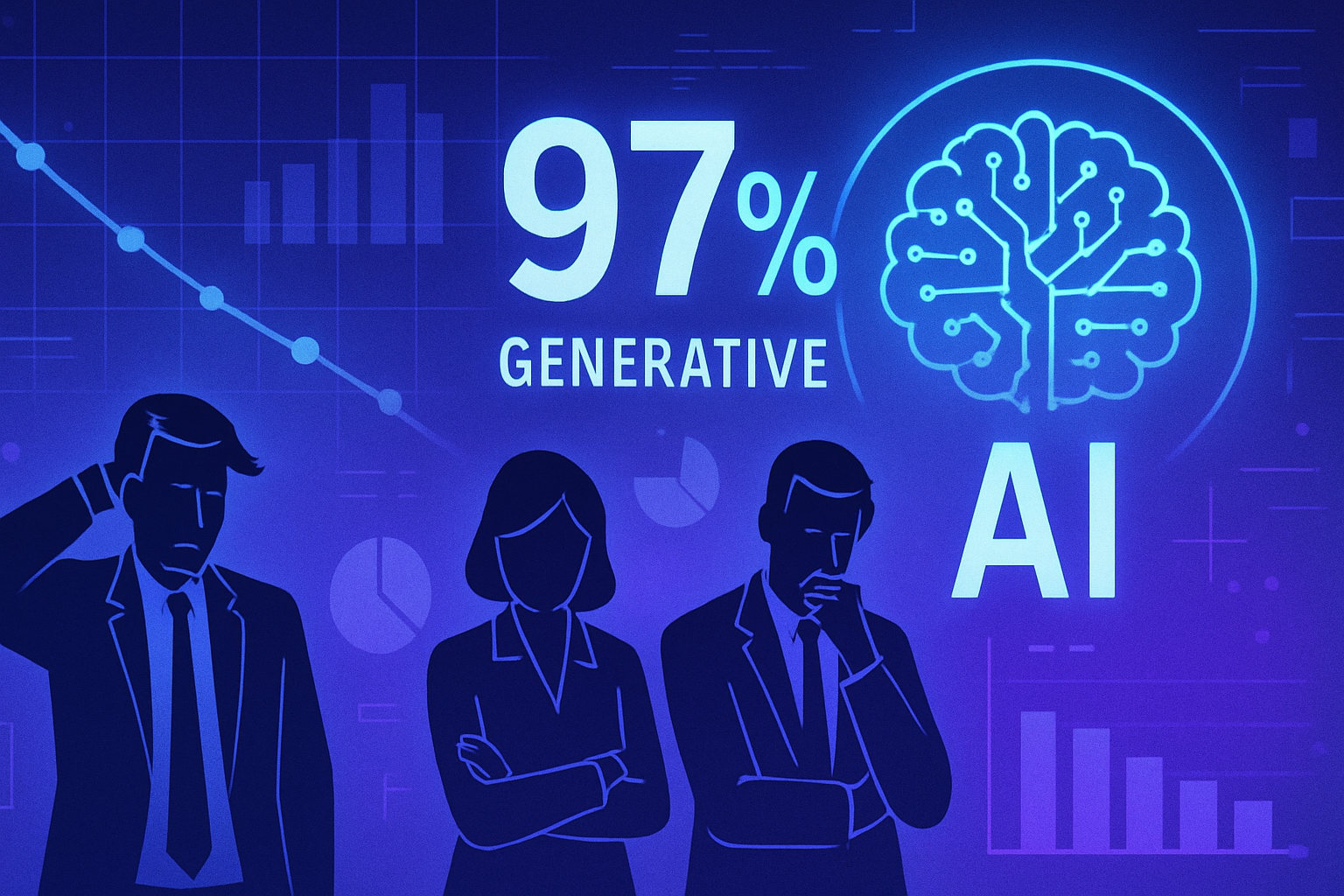The advanced memory of ChatGPT revolutionizes human-machine interaction. Each exchange becomes a canvas where preferences and habits intertwine, thus enhancing personalization. Users will enjoy an enriched experience but will face the ethical implications of this evolution. The delicate balance between efficiency and respect for privacy emerges as a significant challenge. An extensive knowledge of conversations will have unpredictable repercussions.
The extended memory capabilities of ChatGPT
OpenAI recently announced a major advancement regarding ChatGPT’s memory. This chatbot will now be able to retain all exchanges with users, allowing for unprecedented personalization of interactions. The functionality, which enables the program to refer to previous conversations, aims to improve the relevance of the responses provided.
Limited access to the new feature
Currently, this extensive memory is not available to all users. Only those using the Plus and Pro versions, and located outside Europe, will benefit from it. However, OpenAI is considering a broader rollout in the coming months, adhering to its usual pace of implementing new technologies.
Impacts on daily use
An effective personal assistant
For ordinary users, this update enriches the ChatGPT experience. The permanent memory can record each individual’s preferences, making the chatbot more capable of anticipating their needs. Thus, tracking history will allow for personalized responses, facilitating a more natural and fluid communication.
Advantages for professionals
Those using ChatGPT in a professional setting will also appreciate the new features. The ability to adapt to the context of use will enhance the effectiveness of exchanges. For example, responses can be adjusted based on the desired tone or writing style adopted by the user, leading to enriched collaboration.
The risks of excessive memory
Uniformity of responses
With this increased personalization, a risk emerges: that of excessive conformity. By responding systematically according to the habits and preferences of a user, ChatGPT may become predictable. This predictability could sometimes limit the creativity of responses, favoring certain formulations to the detriment of originality.
Privacy concerns
The systematic collection of exchanges also raises privacy questions. Users, worried about the extent of the data stored, might feel uneasy about this new reality. OpenAI has planned an option allowing individuals to disable conversation memory in their account settings, thus providing some control over this feature.
Future perspectives for ChatGPT
It is clear that the enhanced memory of ChatGPT will transform the way users interact with technology. Ultimately, this evolution could redefine our relationship with artificial intelligence. The challenges ahead will require particular attention, ensuring a balance between personalization, creativity, and respect for privacy.
Frequently asked questions about ChatGPT’s memory
How does ChatGPT retain details of my exchanges?
ChatGPT uses enhanced memory to record and remember all your previous conversations in order to provide more personalized responses. This means the chatbot can reference your past discussions during new interactions.
What are the benefits of ChatGPT’s enhanced memory for users?
Users will benefit from a more personalized experience, as the chatbot can tailor its responses based on your previously recorded preferences and habits, making exchanges smoother and more contextual.
Can users disable ChatGPT’s memory?
Yes, users will have the option to disable the memory function in their profile settings, which prevents the storage of conversation details.
What happens if I disable ChatGPT’s memory?
If you disable memory, ChatGPT will no longer retain information from past exchanges and will operate solely with the information it has during each individual session, without referencing previous discussions.
Are there risks associated with ChatGPT’s data retention?
Yes, there is a potential risk of creating an informational bubble, where the chatbot could become too predictable in its responses. Moreover, this raises concerns about the management of personal data that is stored.
How is my data protected when ChatGPT retains my exchanges?
OpenAI implements security measures to protect user data, but it is essential to remain vigilant about the information you share, especially when memory is activated.
Is ChatGPT’s memory available to all users?
Currently, this feature is only accessible to users of the Plus and Pro versions located outside Europe; other users will have to wait for a broader rollout.
How will ChatGPT’s memory influence interaction with other users?
This could allow for more relevant and tailored responses for each user, but it could also pose challenges, particularly concerning the diversity of responses and creativity in interactions.
What precautions should I take when using ChatGPT’s memory?
It is advisable not to share sensitive or personal information, even if memory is disabled, and to configure privacy settings according to your comfort level.






